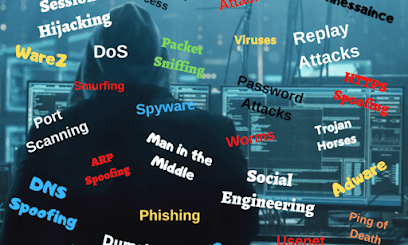When Managing Cybersecurity, Operate Like You’ve Already Been Compromised
The saying "operate like you’ve already been compromised" is a common piece of advice in the world of cybersecurity. Essentially, it means that organizations should assume that their network has already been breached, and therefore, they should always be vigilant and take proactive measures to detect and respond to any potential threats.
There are several reasons why this is a good approach. First, it acknowledges that no security measures are foolproof, and even the most robust security systems can be breached. Therefore, it’s better to assume that the organization has already been compromised and take measures to identify and mitigate any damage as quickly as possible.
Second, this approach promotes a proactive rather than reactive approach to cybersecurity. Instead of waiting for a breach to occur before taking action, organizations can take steps to prevent breaches from happening in the first place. This can include implementing security measures such as firewalls, intrusion detection systems, and security software, as well as conducting regular security audits and employee training.
Finally, operating like you’ve already been compromised can help organizations respond more quickly and effectively to any potential breaches. By having a well-defined incident response plan in place, organizations can quickly identify and contain any security incidents, minimizing the impact on their operations and reputation.
In short, by operating like you’ve already been compromised, organizations can take a proactive approach to cybersecurity, reduce their risk of a breach, and respond more effectively if a breach does occur.
Not to dredge up unpleasant memories, but do you remember how we all felt in the early stages of the Covid-19 pandemic? Vaccines and treatments weren't yet available, and people faced real risks. We isolated ourselves in our homes for weeks or months, kept our distance from other people when we had to go out and canceled gatherings with family and friends. We went through the day with the assumption that everyone we encountered might have the virus.
Then, two things happened. Vaccines were developed that reduced the likelihood of infection and severe illness. And more contagious variants of the virus began to circulate. The result? Many who were vaccinated, boosted and continued masking and distancing practices wound up contracting the virus. But partly because of the precautions they'd taken, the illness wasn't as severe for most of them.

ความคิดเห็น